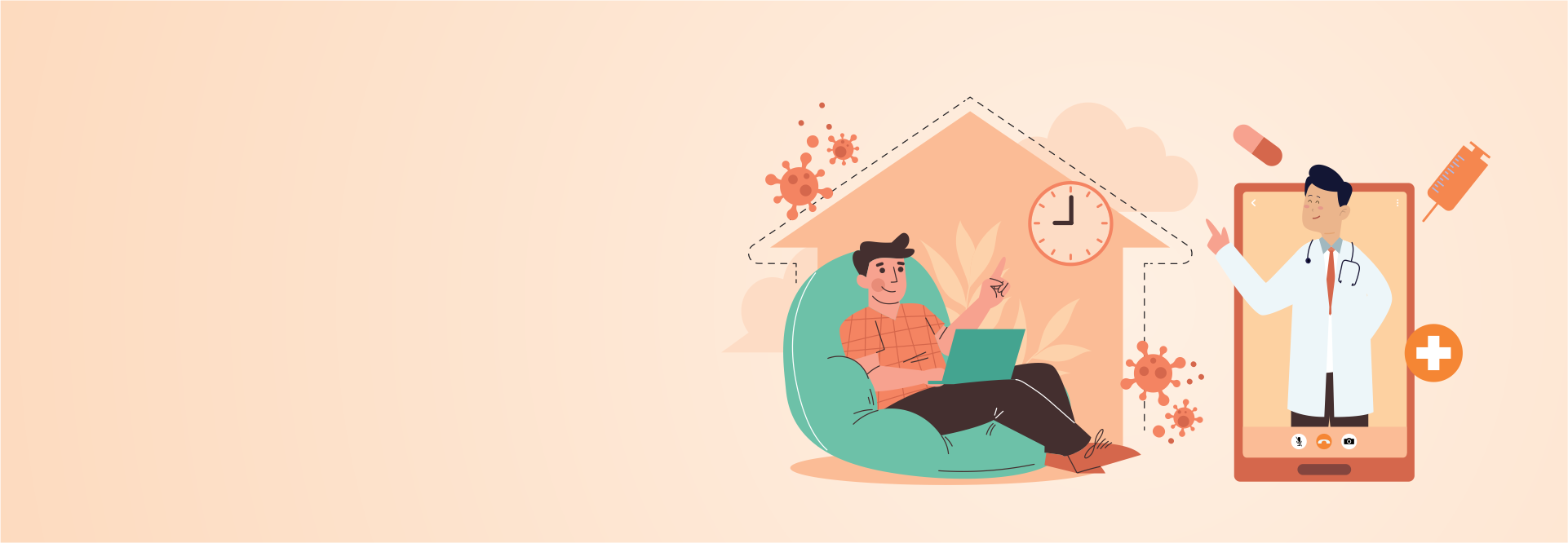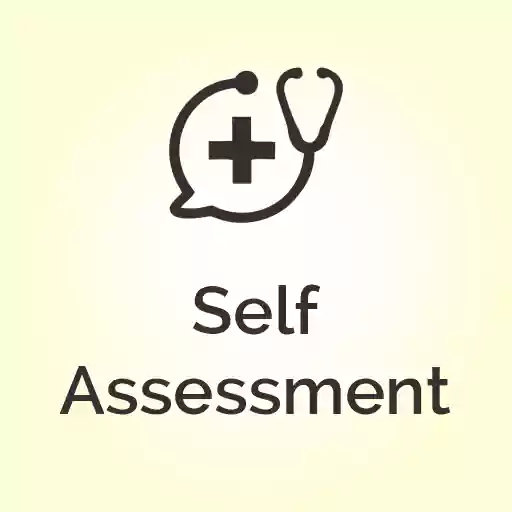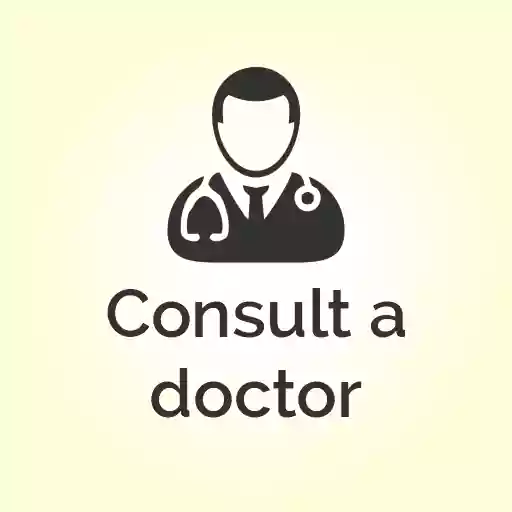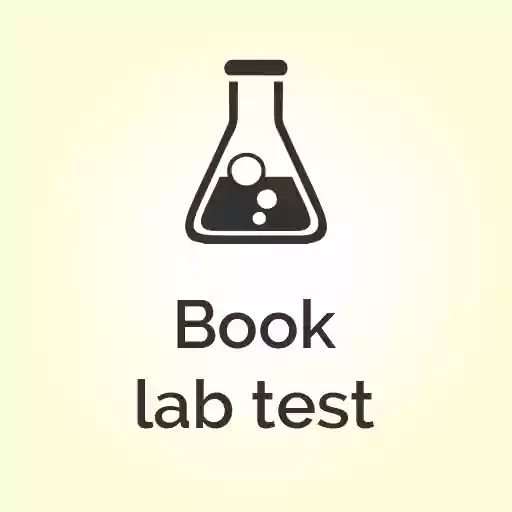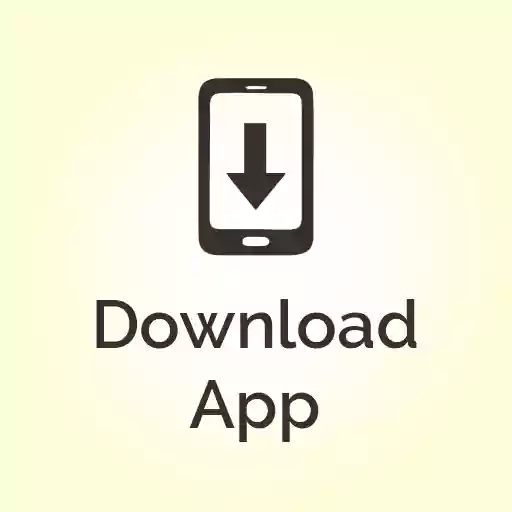Introduction
The SARS-CoV-2 virus that infects the nose, sinuses, and upper throat causes coronavirus disease. Due to numerous crown-like spikes on the virus’s surface, the name "corona” was selected. The World Health Organization recognised SARS-CoV-2 as a novel coronavirus type in early 2020, following a December 2019 epidemic in China. The epidemic swiftly spread around the globe and turned into a worldwide pandemic.
SARS-CoV-2 causes COVID-19, a condition that causes respiratory tract infection and can affect either the upper or lower respiratory system (sinuses, nose, throat, windpipe and lungs). The virus spreads mostly through direct contact between people. The severity of infection varies from moderate to fatal. Other coronaviruses that cause disease in humans include SARS, Middle East respiratory syndrome (MERS), and the common cold.
Covid-19 Causes
Coronavirus disease is caused by infection with the novel coronavirus (severe acute respiratory syndrome coronavirus 2, or SARS-CoV-2, COVID-19). The virus spreads from one person to another when they are in close contact, say 1 meter. When an infected person coughs, sneezes, sings, or talks, infected respiratory droplets are released, which can be inhaled or directly contact the eyes, mouth, and nose.
Airborne transmission: The tiny droplets or aerosols of the virus linger in the air and are viable for up to 72 hours.
Contact transmission: Virus transmission via contact occurs a person touches the infected surface of an object and then touches their lips, nose, or eyes, although the risk is minimal.
|
|
Covid-19 CausesCoronavirus disease is caused by infection with the novel coronavirus (severe acute respiratory syndrome coronavirus 2, or SARS-CoV-2, COVID-19). The virus spreads from one person to another when they are in close contact, say 1 meter. When an infected person coughs, sneezes, sings, or talks, infected respiratory droplets are released, which can be inhaled or directly contact the eyes, mouth, and nose.
Airborne transmission: The tiny droplets or aerosols of the virus linger in the air and are viable for up to 72 hours.
Contact transmission: Virus transmission via contact occurs a person touches the infected surface of an object and then touches their lips, nose, or eyes, although the risk is minimal.
|
Covid-19 Symptoms
COVID-19 may not produce any symptoms in certain persons, according to what has been reported and observed thus far. Fever, fatigue, and a dry cough are the most frequent symptoms of coronavirus illness. The majority of patients (about 80%) recover from the disease without requiring deep treatment. The illness can be severe and even deadly in rare cases. People older or have other medical issues (such as asthma, diabetes, or heart disease) are more likely to become ill.
Some signs and symptoms are listed below, and these may range from moderate to severe.
Cough\Fever | Tiredness | Breathing problems (severe cases)
Aside from that, there are a few symptoms that differ from person to person:
Pains and aches | A stuffy nose | Diarrhoea
![]()
Covid-19 Diagnosis
It is best to consult a doctor immediately if you experience the following symptoms: 1. Have had close contact with someone who has COVID-19 or is 2. Feeling ill with a fever or trouble breathing 3. Cough, tastelessness, headache
There are three main kinds of tests done to diagnose Covid-19 disease. They are the antigen test, antibody test, and molecular test.
Molecular test: This is, so far, the most effective method of testing. A sample of your saliva or a nasopharyngeal swab is used. Most test results are received within 2-3 day
Antigen test: This is a rapid test with a quick turnaround time, mainly used to screen people at airports and other important public zones.
|
Covid19 Treatment
Medication: There is no specific medication that may be used to prevent or treat coronavirus disease. Remdevisir is one of the first FDA approved drugs. Supportive care can be required to assist people with serious issues. If your symptoms are moderate, you may stay at home until you feel better.
Maintaining a healthy lifestyle and diet is very essential. The diet can consist of immunity building vegetables and fruits and fresh food. You can also alleviate your symptoms by doing the following:
1. Sleep and rest
2. Breathing exercises as recommended by your doctor.
3. Drinking plenty of water
4. Hot water gargles
Preventive measures: One step out only if it is essential. While stepping out, maintaining social distancing norms, wearing a mask properly, and regular sanitisation can help prevent us from contracting the disease. It is also important to get vaccinated. Consult a doctor for Covid diagnosis as soon as you develop a fever, cough, or trouble breathing will help early diagnosis.
Assurance by NanoHealth Disease Management ProgramAssurance by NanoHealth helps in timely identification, diagnosis and treatment by pairing you with the right care providers. Our disease care management programs include: 1. Regular interactions with your health coach for treatment adherence. Assurance is with you every step of the way until maximum health and wellness are achieved. |
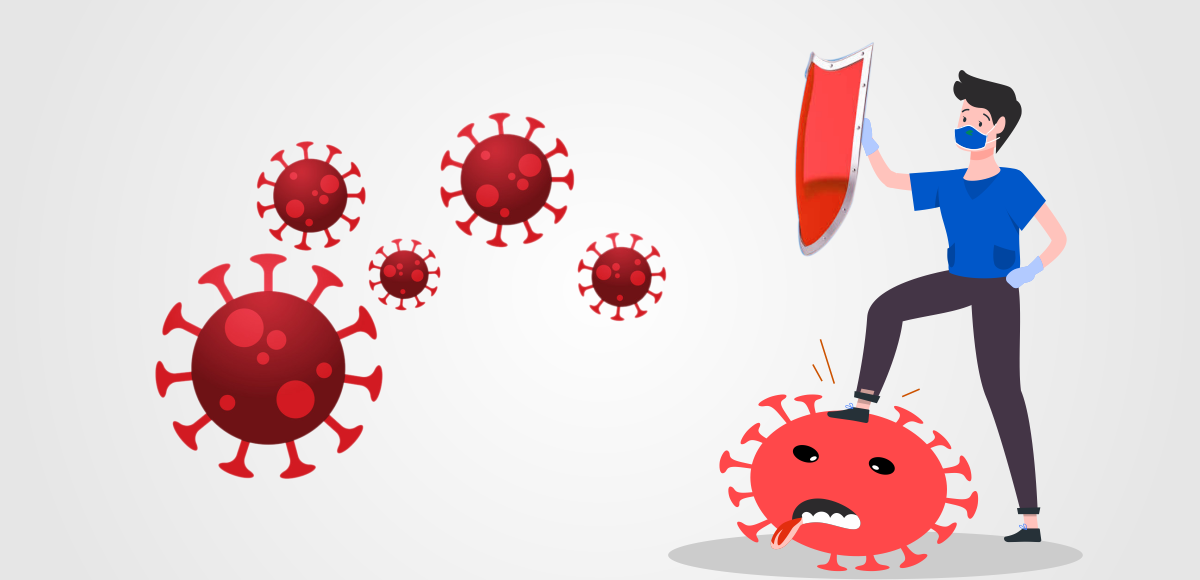
Details about coronavirus and how it spreads. Read more about steps for the prevention and treatment of coronavirus.
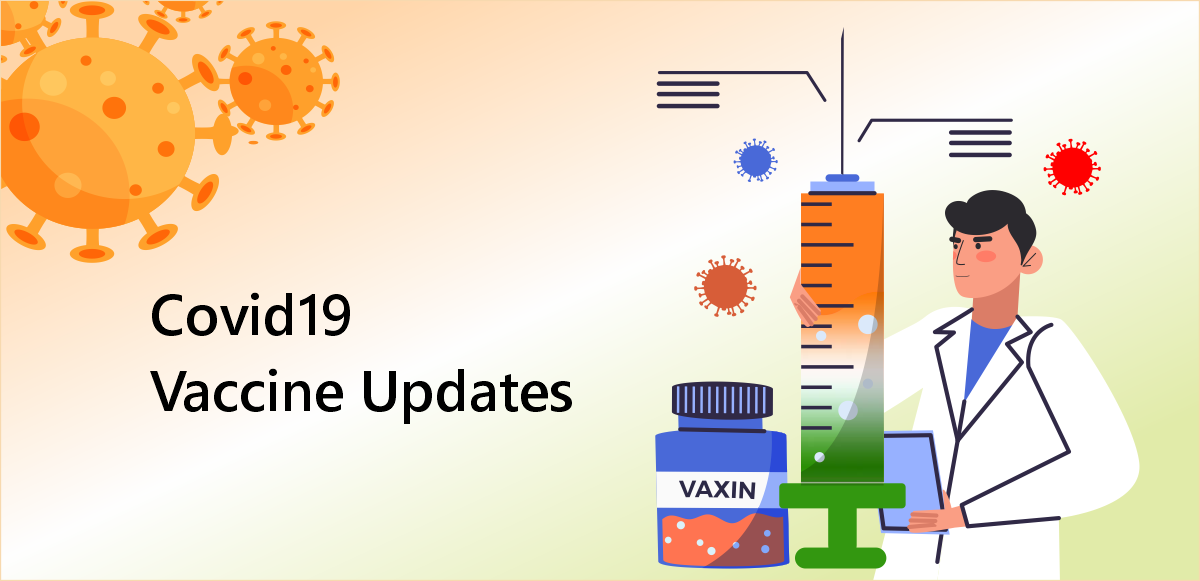
When the world came to a standstill in 2020, it was the covid vaccine updates that kept everyone hopeful for 2021. Here are some latest updates on the vaccine.
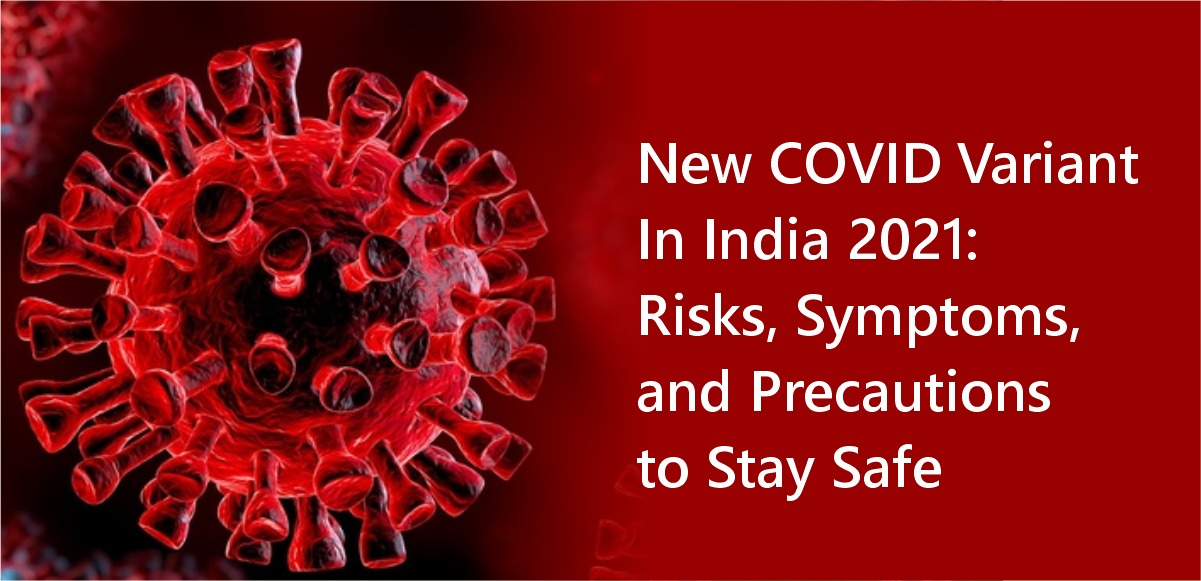
Get to know what are the new mutations of the SARS-CoV-2 in India, its symptoms, the risk from the new strain of Coronavirus, and how to keep yourself safe.
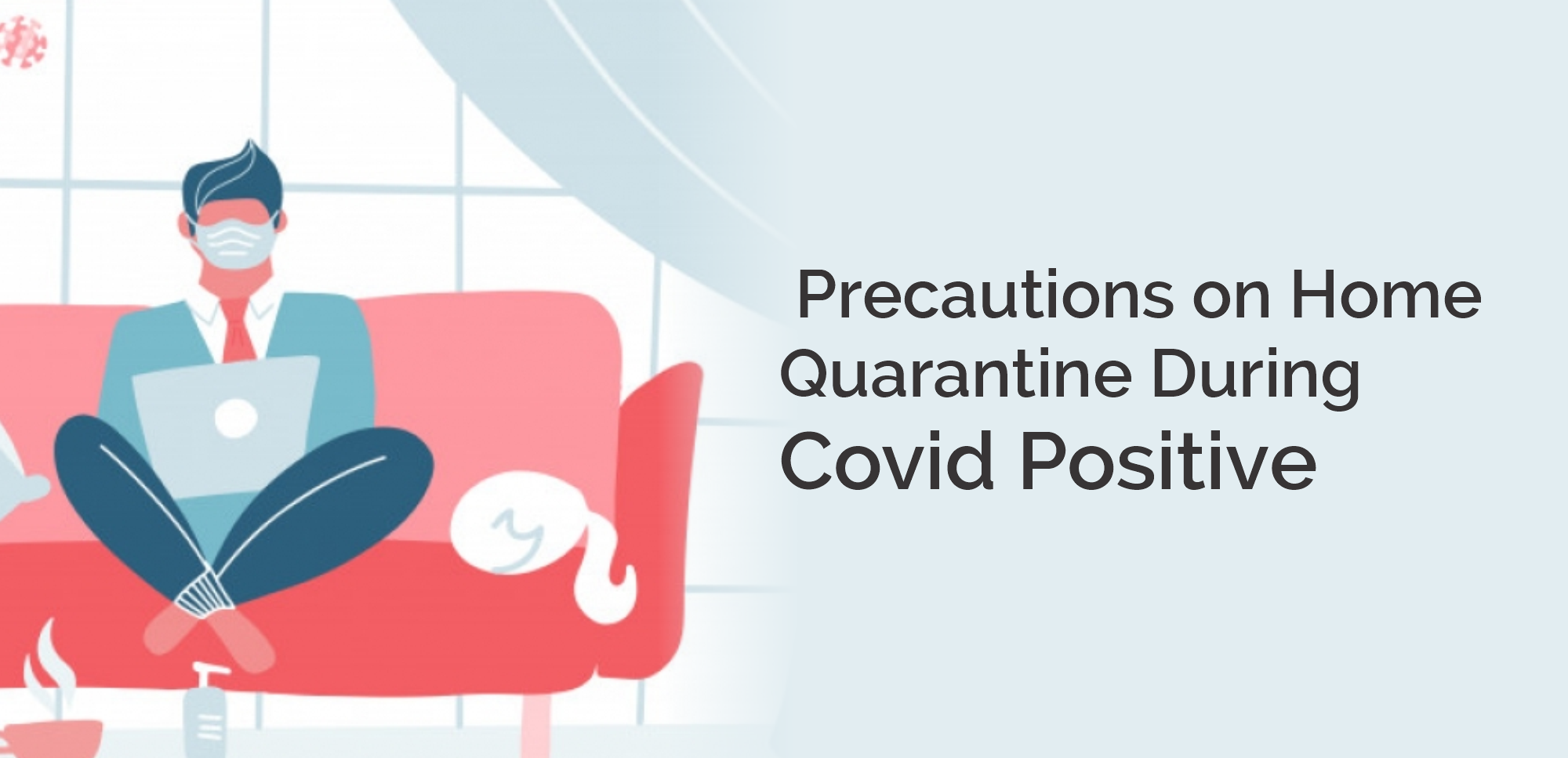
Why is it important to take precautions on home quarantine during Covid positive period? Read on to know all about home quarantine during Covid.
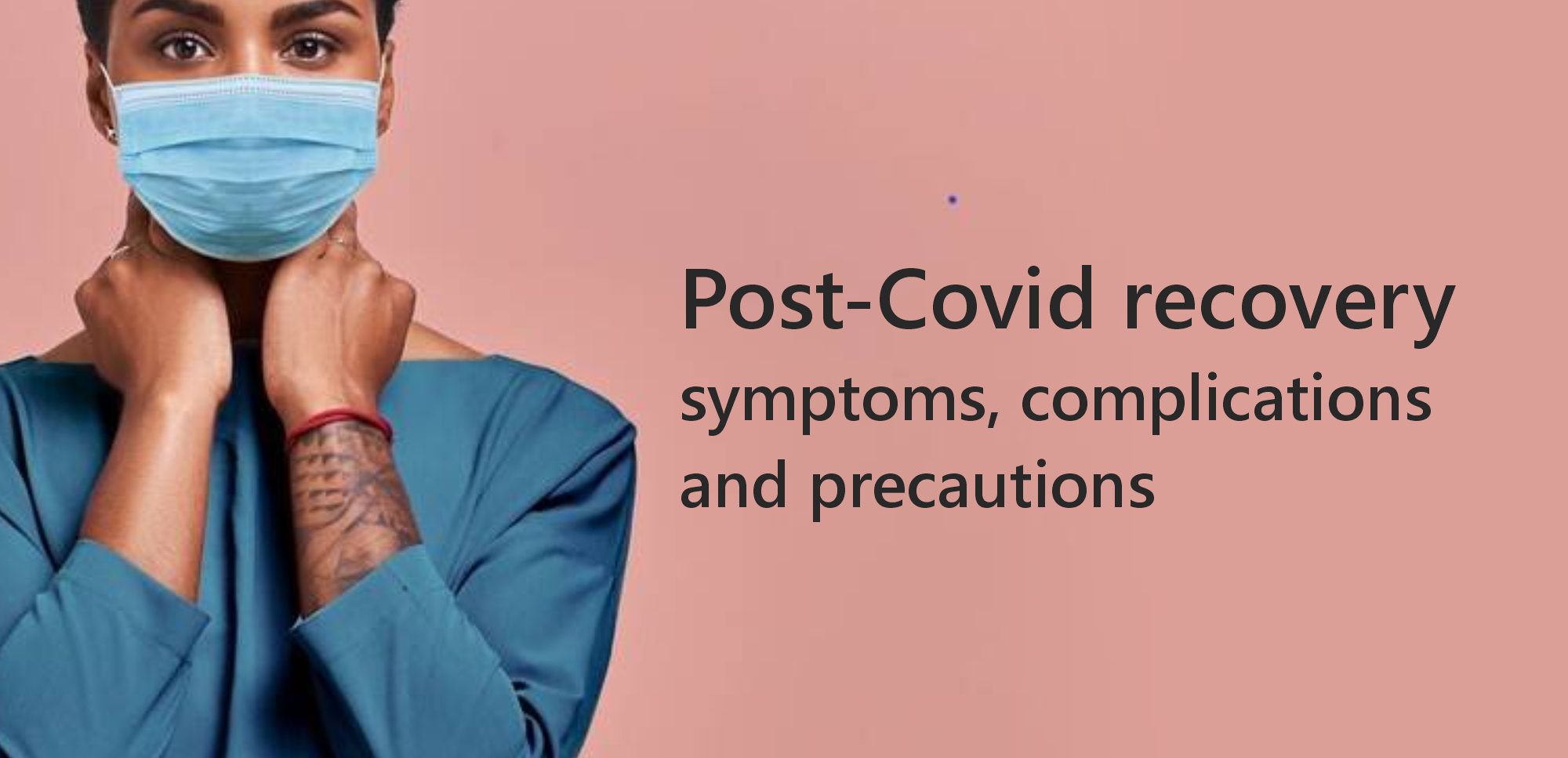
Here is a guide to help you understand post Covid recovery symptoms, complications and precautions to avoid long-lasting health effects post Covid.
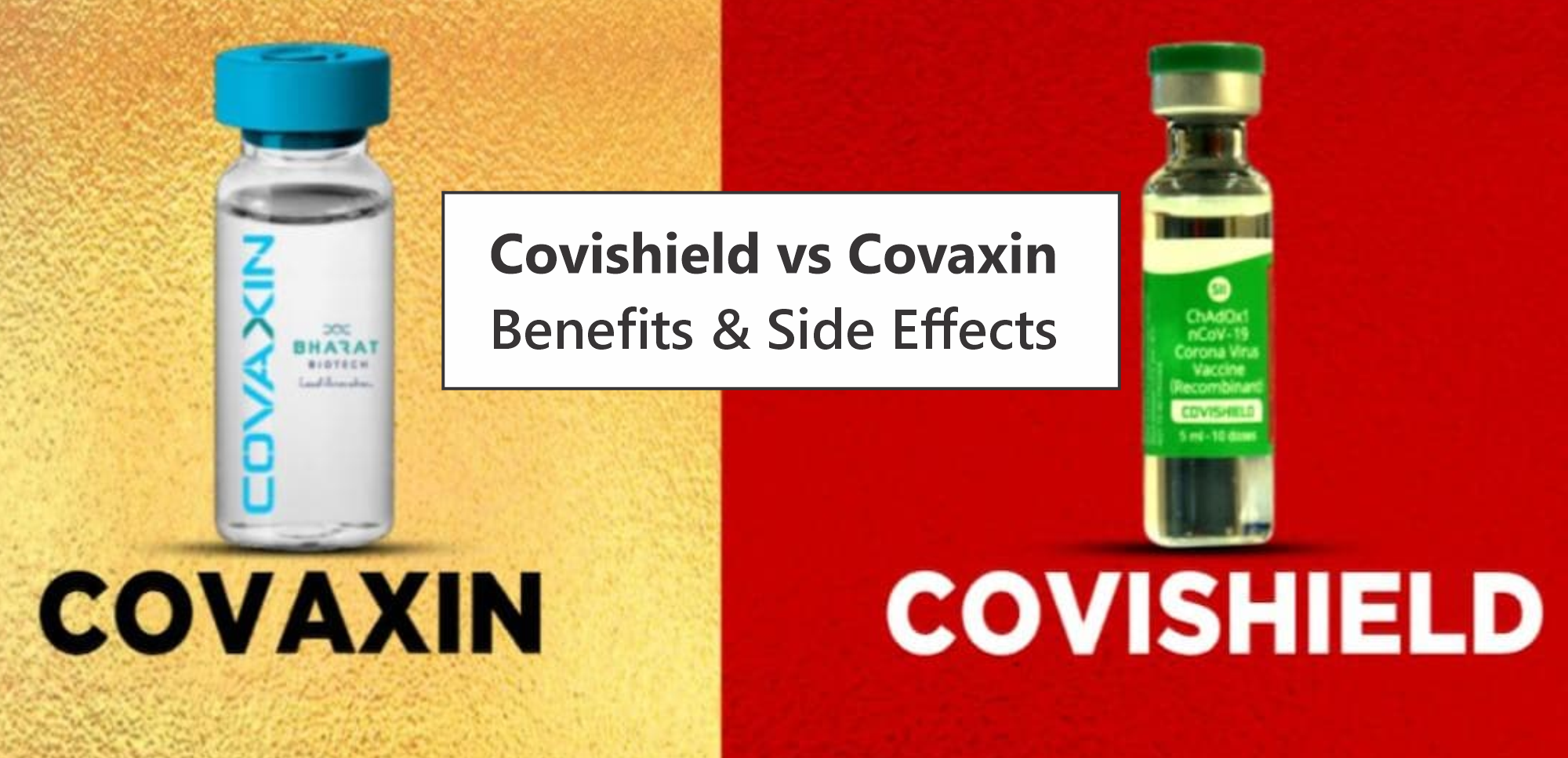
Read this article for a detailed comparison of Covishield and Covaxin in dose, type, technology, benefits, efficacy, side effects, and...
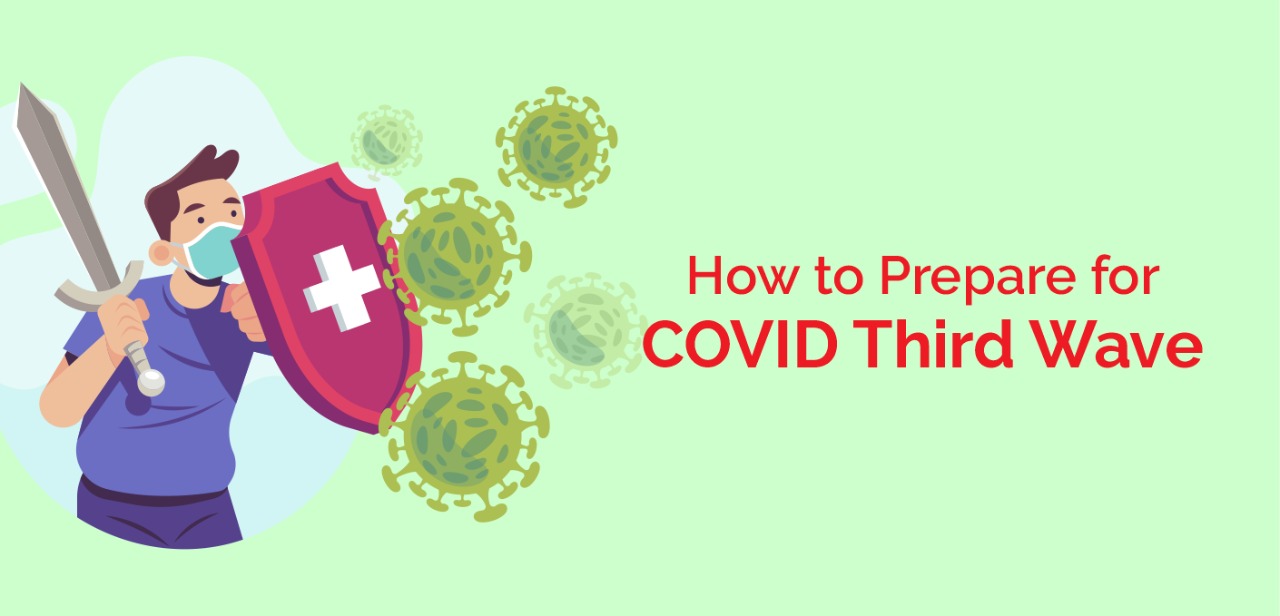
The third wave of COVID in India is just around the corner. Please read the article to know all about the upcoming wave and how to prepare for the third wave of Covid.
